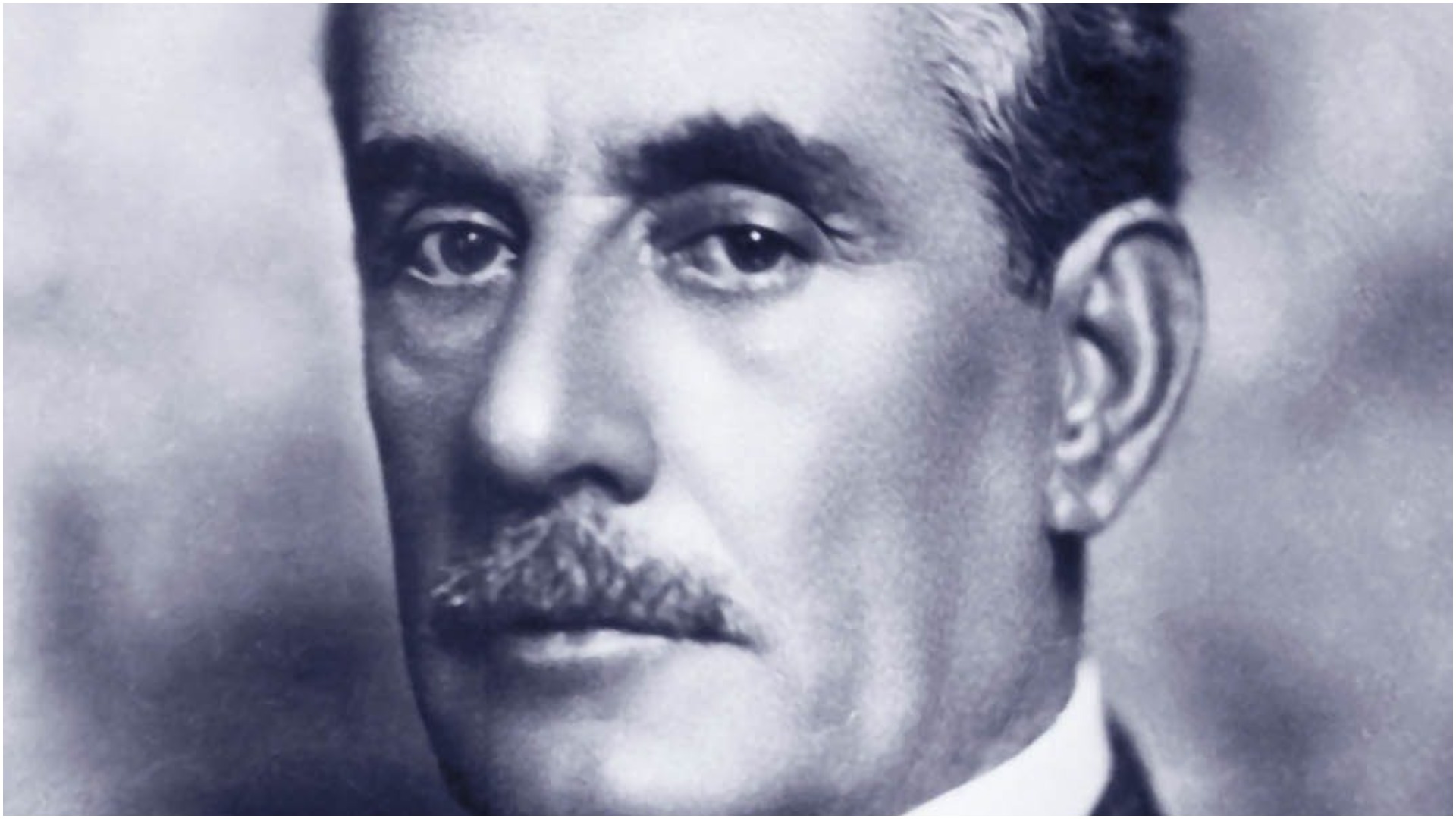Giacomo Puccini is widely regarded as one of opera’s greatest composers. “Turandot,” “La bohème,” “Tosca,” and “Madama Butterfly” are all widely performed and beloved the world over. Since its premiere in 1900, “La bohème” has been performed over 1,200 times and in all but eight seasons at New York’s Metropolitan Opera. The 1981 Zeffirelli production is the most seen opera in New York opera history. And yet, the recording of “La bohème” is banned for listening by those incarcerated in Connecticut’s prisons.
Why?
The Connecticut Department of Corrections claims that Puccini’s most famous opera is a threat to security. New York also bans Bone Thugs-N-Harmony for “inciting disobedience.” Arizona bans Meek Mill, Future, Cardi B, Tupac Shakur, the Wu Tang Clan–pretty much every major hip hop artist, without listing a rationale. Texas prisons only include music on imprisoned people’s tablets that contains no profanity.
Security is the second most cited rationale for censorship in U.S. prisons. This may seem reasonable to readers who wouldn’t question why instructions for how to make bombs or prison knives could wreak havoc on an environment where keeping people locked up. However, as the recent PEN America report, “Reading Between the Bars,” shows, the censorship of these operas inside prisons is not the exception but the rule.
Prison authorities see a threat to security in a staggering array of literature, art and music. Connecticut has banned 334 individual books, magazines and pieces of music as security risks. Besides “La bohème,” Puccini’s opera “Manon Lescaut” is also banned. “La bohème” tells the tragic story of bohemian couples in the 1830s Latin Quarter of Paris where romantic love seems impossible in the face of poverty. “Manon Lescaut” similarly focuses on the challenges of romantic love but from the perspective of sexism. Manon is so beautiful she attracts many men but they all want to possess her and her attempts at self-determination lead to her incarceration.
How do these stories threaten a prison’s security?
While “Manon Lescaut” features an attempted prison break, it strains credulity to consider that would be taken as a blueprint for such an effort. Both works are art-–that is, a philosophical and emotional interrogation of what it means to be human. As the Met’s summary of “La bohème” says, “At first glance, ‘La bohème’ is the definitive depiction of the joys and sorrows of love and loss; on closer inspection, it reveals the deep emotional significance hidden in the trivial things—a bonnet, an old overcoat, a chance meeting with a neighbor—that make up our everyday lives.”
The banning of opera indicates the breadth and scope of carceral censorship, which fails to account for artistic merit in the majority of instances. But, it also begs the larger question of why censorship is such a focus of authoritarian social structures. It’s something Ray Bradbury meditated on in his novel, Fahrenheit 451. In that imaginary world, printed literature is not illegal. Trade manuals, informative pamphlets and other instructional materials are all readily free to read. The only literature that is banned is that which makes people think and feel. With today’s increasing book bans in public schools, Bradbury’s 1953 novel–published during the McCarthy Red Scare era– resonates once again.
The lead fireman of Bradbury’s novel, Captain Beatty, proclaims that thinking and feeling are socially dangerous because they can create individual discomfort which can, in turn, generate social instability. Beatty advocates for censorship because he believes that a stable social world is worth the sacrifice of the sometimes excruciating, sometimes elating feelings we experience and which opera celebrates–the core of being human. Authoritarians, like Beatty, believe order, control, and stability create the best of all possible worlds.
He says, “Cram them full of noncombustible data, chock them so…full of ‘facts’ they feel stuffed, but absolutely ‘brilliant’ with information. Then they’ll feel they’re thinking, they’ll get a sense of motion without moving. And they’ll be happy, because facts of that sort don’t change. Don’t give them any slippery stuff like philosophy or sociology to tie things up with. That way lies melancholy.”
Beatty’s reasoning is well reflected in many of the justifications for prison censorship and from this perspective, opera does seem a threat. We watch Mimì’s death scene in “La bohemè” with tears streaming down our faces and when Manon, in her final breath during “Manon Lescaut,” tells des Grieux she loves him we may feel seemingly irreconcilable emotions at once–both devastated and elated. If feeling and thinking about the contradictions of being human is a threat then, yes, opera is a true threat to us all.

